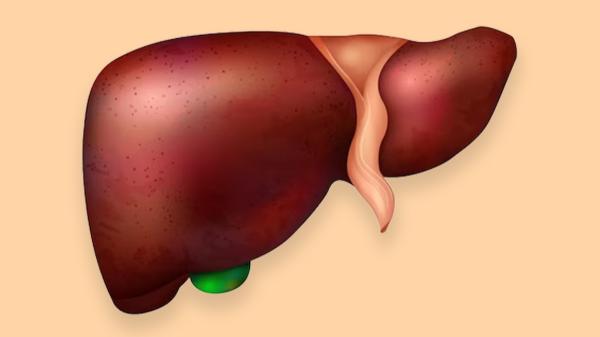
The Ministry of Industry, Trade and Investment, yesterday banned the importation of tomato paste, powder or concentrate, and increased the tariff on importation of tomato concentrate among others from five to 50 per cent in order to revive the tomato sector.
According to operators, the value of imported tomato paste in Nigeria is about $170 million and $50 million spent on triple tomato concentrate.
The Director, Industry Development of the Ministry, Mr. Adewale Bakare in a document titled: ‘Implementation of the tomato sector policy’ stated that such action would revive the sector, create jobs and preserve foreign exchange.
The document stated: “As you are aware, government has overtime engaged tomato industry stakeholders on ways to deepen the industry and particularly, encourage the use of locally produced tomato fruits across the value chain. It is in that regard that I am directed to bring to your notice the decision of the government towards boosting production and attracting investments into the tomato sector.
“These include ‘classification of greenhouse equipment as agricultural equipment to attract zero per cent import duty. Ban on the importation of tomato paste, powder or concentrate put up for retailing and others Ban on tomato prepared or preserved by vinegar or acetic acid and others.
“Increase in the tariff on the tomato concentrate and other concentrates (HS Code 2002.90.11.000) from five percent to 50 percent and additional levy of $1,500 per metric tons with the objective of increasing the current tariff from five percent to 50 percent (35percent +5 percent+10 percent) and an additional levy of US$1,500 metric ton.
“Restriction on the importation of tomato concentrates to the seaports to address abuse of ECOWAS Trade Liberalisation scheme (ETLS) and inclusion of tomato production and processing in the list of industries eligible for investment incentives administered by the Nigeria Investment Promotion Commission (NIPC).”
It further stated that “It is expected that the foregoing measures which are situated within the overall road map for the development of the industry, will create jobs, save foreign exchange and create capacity for export of tomato concentrate and paste to ECOWAS sub –region and beyond.”






















